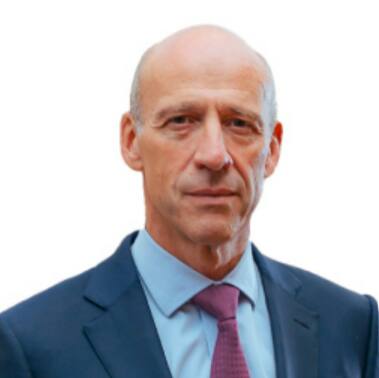Sessions With João Costeira
Thursday, 12 March
-
11:30am - 12:30pm (CST) / -
Offshore Wind: How fast can it grow?
Power & Renewables Clean TechIn 2019, European offshore wind costs continued to fall, with record-low striking prices in France, the Netherlands, and the United Kingdom. Emerging markets in Asia, North America, and Europe are betting big by significantly increasing their national offshore wind targets. As a result, over 475 GW will be built over the next 30 years, increasing the current installed capacity by over twenty-fold. With technology constantly improving, project complexity increasing dramatically, and annual installations booming, the supply chain will have to adapt to the new ambitions of the industry. How are players along the supply chain preparing to support this next growth wave? Are we going to have a global supply chain or will several regional clusters emerge? Which companies are better positioned to lead this growth? What role will O&G companies play? Will integration and consolidation continue or will specialized players emerge? What’s next in the technology front? Is bigger still better?
- Speakers:
- Eduard Sala de Vedruna
- Allan Baker
- João Costeira
- Jonah Margulis
- Steve Dayney

